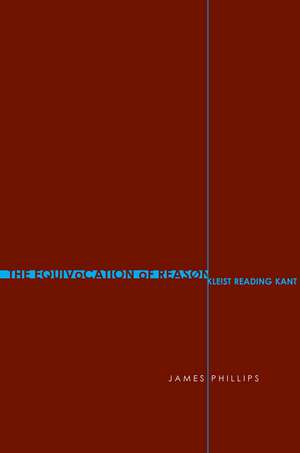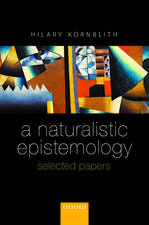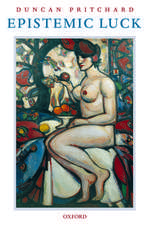The Equivocation of Reason: Kleist Reading Kant
Autor James Phillipsen Limba Engleză Hardback – 25 iul 2007
The Equivocation of Reason: Kleist Reading Kant asks how the literary works of the German writer Heinrich von Kleist might be considered a critique and elaboration of Kantian philosophy. In 1801, the twenty-three-year-old Kleist, attributing his loss of confidence in our knowledge of the world to his reading of Kant, turned from science to literature. Kleist ignored Kant's apology of the sciences to focus on the philosopher's doctrine of the unknowability of things in themselves. From that point on, Kleist's writings relate confrontations with points of hermeneutic resistance. Truth is no longer that which the sciences establish; only the disappointment of every interpretation attests to the continued sway of truth. Though he adheres to Kant's definition of Reason as the faculty that addresses things in themselves, Kleist sees no need for its critique and discipline in the name of the reasonableness (prudence and common sense) of the experience of the natural sciences. Setting transcendental Reason at odds with empirical reasonableness, Kleist releases Kant's ethics and doctrine of the sublime from the moderating pull of their examples.
Preț: 511.51 lei
Nou
Puncte Express: 767
Preț estimativ în valută:
97.87€ • 102.56$ • 80.91£
97.87€ • 102.56$ • 80.91£
Carte tipărită la comandă
Livrare economică 11-25 aprilie
Preluare comenzi: 021 569.72.76
Specificații
ISBN-13: 9780804755870
ISBN-10: 0804755876
Pagini: 160
Dimensiuni: 152 x 229 x 23 mm
Greutate: 0.37 kg
Editura: Stanford University Press
Colecția Stanford University Press
ISBN-10: 0804755876
Pagini: 160
Dimensiuni: 152 x 229 x 23 mm
Greutate: 0.37 kg
Editura: Stanford University Press
Colecția Stanford University Press
Notă biografică
James Phillips holds an Australian Research Council fellowship in the School of History and Philosophy at the University of New South Wales and is the author of Heidegger's Volk: Between National Socialism and Poetry (Stanford, 2005).
Descriere
Kleist is a famous misreader of Kant, but this study pitches the latter's principles against the more restricted scope of his own examples in order to develop an ethics and an account of the sublime in keeping with Kleist's literary works.















